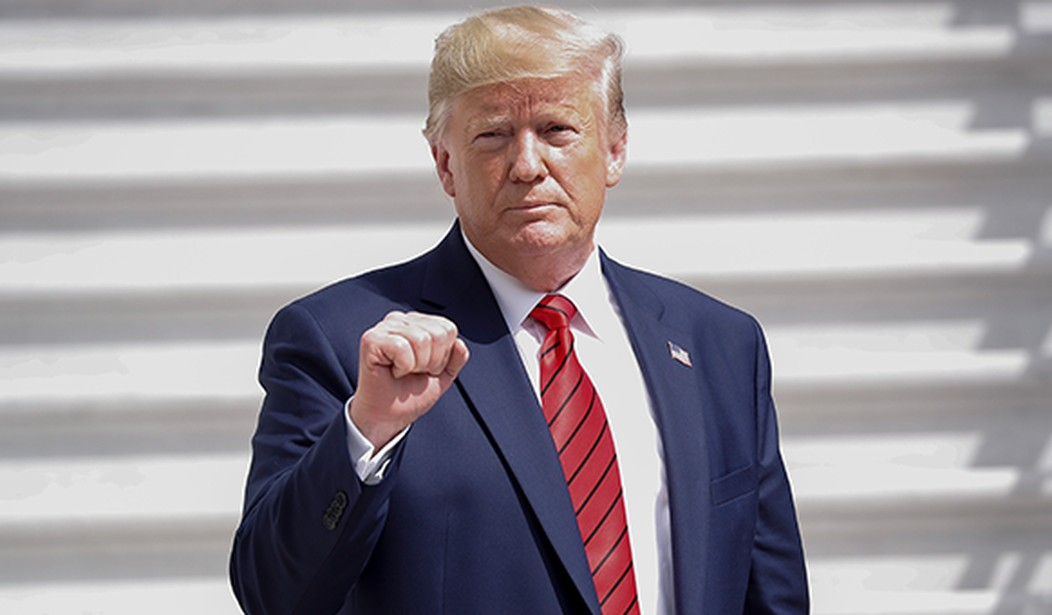President Trump has been described as the most effective pro-life president in American history. He’s outspoken in defense of life, was the first president to address the March for Life in person, made appointing pro-life judges a priority, he signed a bill allowing states to defund Planned Parenthood of Title X family planning funds, his administration expanded the Mexico City Policy, defunded the U.N. Population Fund, and protected pro-life institutions and healthcare workers, to name just some accomplishments. The list is long—and impressive.
Aside from putting pro-life judges on the bench, however, most of the strides made on the pro-life front can and will likely be undone by the next Democratic president. But not the Geneva Consensus Declaration.
On Oct. 22, 2020, 34 countries signed a historic document that seeks to achieve better health for women and strengthen the family, refutes the notion that abortion is part of that, and stands up for the sovereignty of nations when it comes to drafting their own laws related to these issues.
The signing of the GCD comes after more than a decade of pressure by UN agencies and some wealthy nations on member states into adopting progressive abortion laws—threatening holdout countries with a loss of funding or standing in international forums, according to Health and Human Services Secretary Alex Azar.In 2019, the first effort to put together a joint statement around these pillars began. The GCD is unique from past agreements, however, because for the first time, the document represented a commitment to working together until success is achieved, which was a “huge step,” Valerie Huber, special representative for Global Women's Health at HHS, told Townhall.
The strength of the coalition is in its unity to push back when there are reinterpretations or misinterpretations of what countries agreed to as it relates to abortion, the family, and their sovereign rights, Huber explained.
Recommended
Garrett Grigsby, director of the Office of Global Affairs at HHS, feels it’s not even necessary to achieve a majority threshold in terms of UN member states to make a difference, especially considering there are still countries expressing an interest in the GCD.
“You’re going to have at some point, it's going to be obvious to the rich donor countries that the poorer countries are saying, ‘stop trying to culturally colonize us, stop threatening us with your aid because you think you're morally or culturally superior,’” Grigsby said.
This attitude is what Huber said she continually witnessed during multilateral forums when women’s health issues came up. There was so much that could be accomplished by member states to truly improve quality of life and prevent unnecessary deaths and yet that was sidetracked by efforts to push a radical agenda, such as an international right to abortion, she explained.
“That is a travesty and something that needs to be addressed,” Huber said, “because it's totally inexcusable for us to cash in on an ideological agenda, rather than addressing these solvable life-changing and life-preserving efforts that could be accomplished instead.”
And that was the genesis of the Geneva Consensus Declaration.
“This creation of a coalition has never happened before on these life issues, ever,” emphasized Grigsby. “Not under Reagan, not under Bush, not under the second Bush. … Nobody has done it. And we did it.”
Both credited President Trump with placing a high priority on life issues and finding unique ways to promote them.
Huber also pointed to the significance of the countries that cosponsored the declaration along with the United States—Hungary, Brazil, Egypt, Indonesia, and Uganda.
“They represent all of the major regions of the entire world. So we're not just about a specific religion, specific culture, or a specific ethnicity,” she said. “This negotiated document, the Geneva Consensus Declaration, represents all of those interests where we agree and there can be shared leadership around that.”
Secondly, many of the countries party to the GCD say the pronouncements in the declaration are “core” to who they are as a country, Huber added. “Without the coalition, they are isolated and much more prone to attack than they ever will be as a coalition.”
Why the GCD is such a significant pro-life achievement is that even if the United States is removed from the declaration in the future, the coalition remains, while other pro-life wins made by various departments under the Trump administration will likely be overturned early in the next Democratic administration.
Joe Biden “can take pot shots at it,” Grigsby said, “but what could he do about it? Nothing. I would just say, this is a legacy.”
And it’s one that will set the bar high for the next Republican administration.
























